Mastering Your Sleep Study in Silver Spring, MD
Properly Diagnosing Sleep Apnea With Dr. Bassford
If you think you may be suffering from sleep apnea, the first step toward treatment is receiving a proper diagnosis. For diagnosis, you’ll undergo a sleep study either in a laboratory or in the comfort of your own home. It’s important to receive a proper diagnosis as leaving sleep apnea untreated can lead to further health complications. Call our Silver Spring sleep specialist today at 301-593-5500 to get started. We also proudly welcome patients coming from Bethesda, Takoma Park, Wheaton, and the surrounding areas.
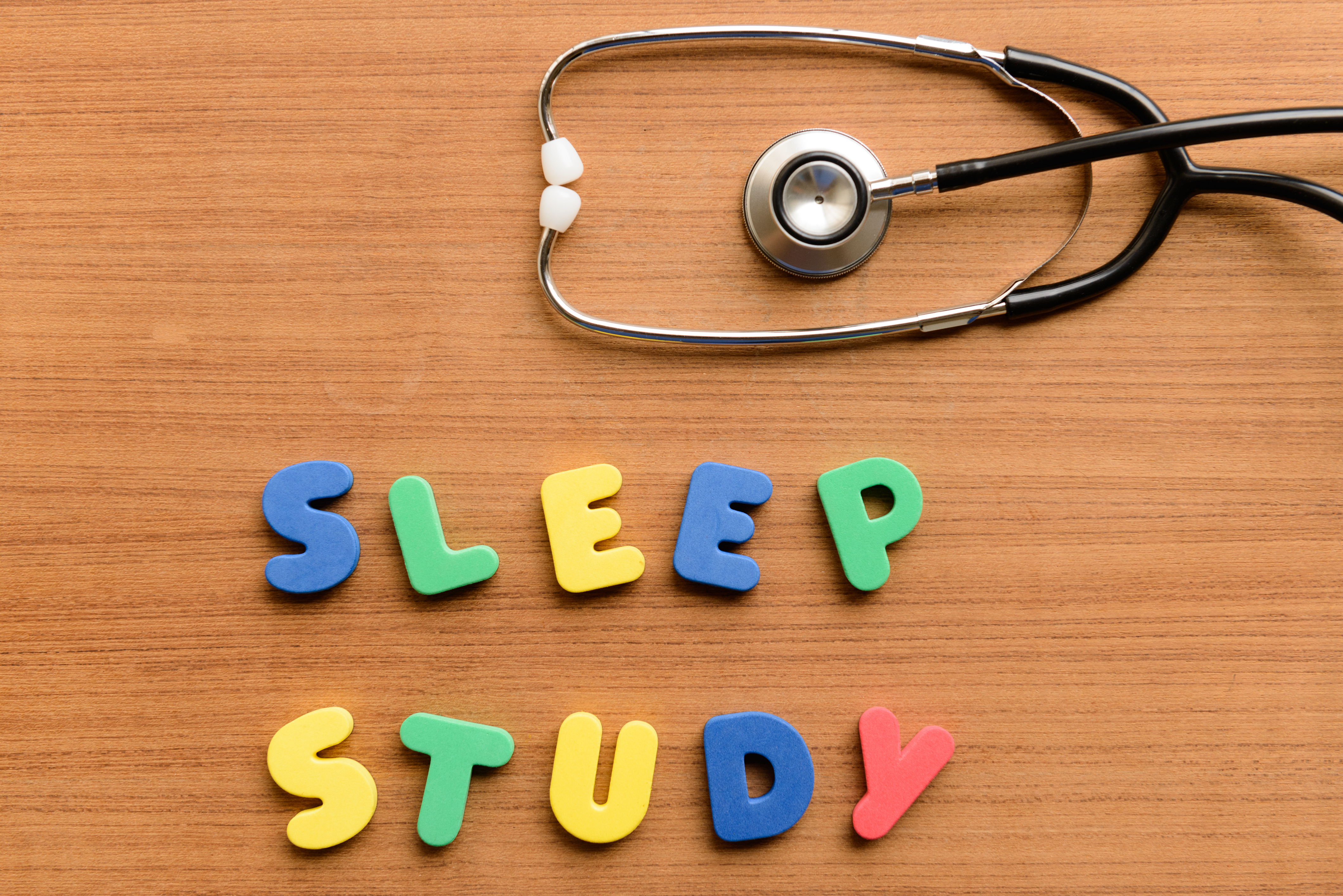
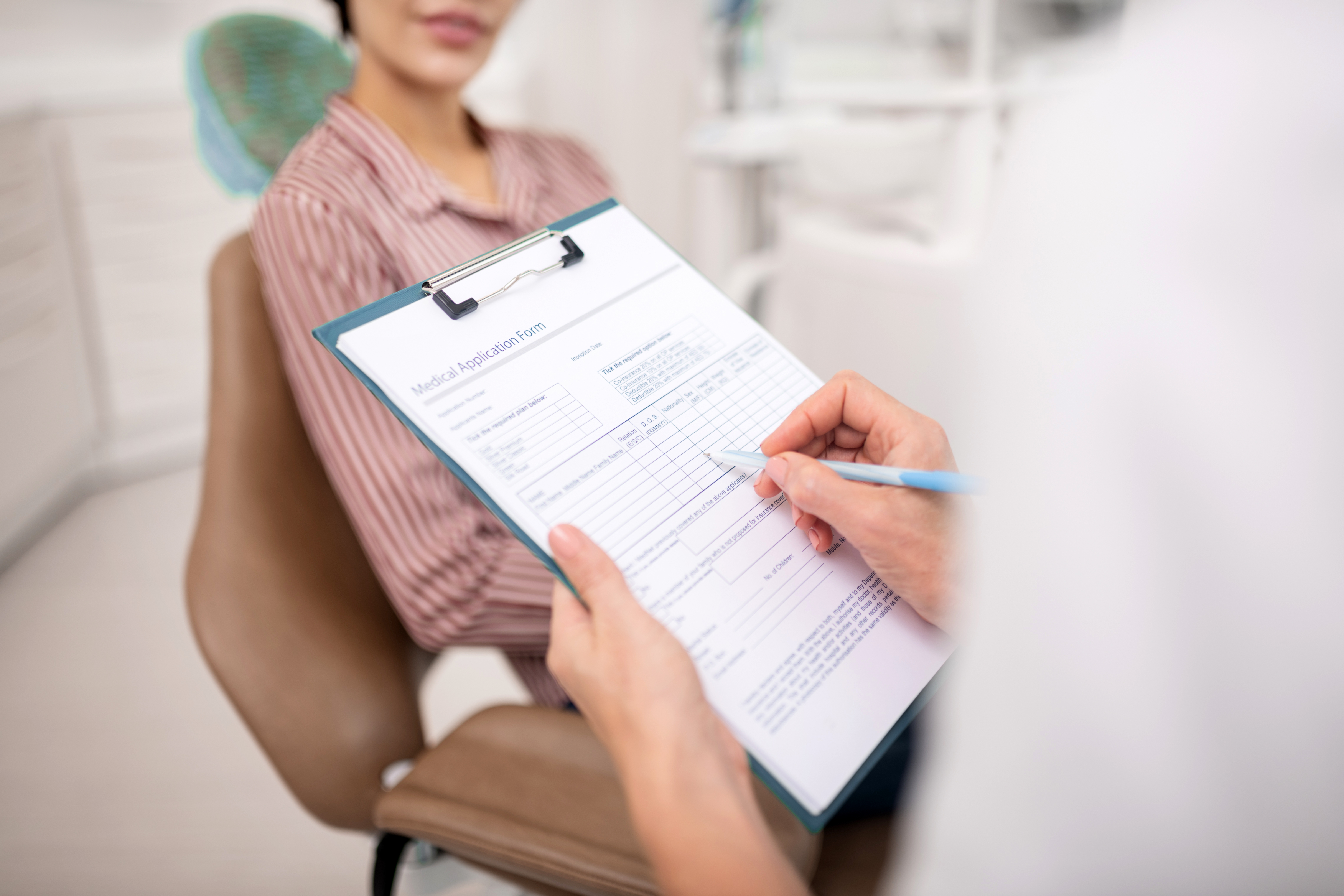
The Purpose of a Sleep Study Near Takoma Park
A sleep study will help correctly diagnose your sleep disorder. The sleep study monitors your heart rate, oxygen saturation, eye movements, leg movements, and other behaviors such as sleepwalking and sleep cycles. This data is recorded and used to determine if you’re suffering from a sleep disorder. Once you’ve received a sleep apnea diagnosis, you can begin treatment with Dr. Bassford at our Silver Spring sleep apnea clinic.
Preparing for Your Sleep Study
There isn’t much preparation involved before your sleep test. Make sure to carry out your day as you normally would so that the test accurately reflects your condition. To get the most out of your sleep study, here are a few tips we recommend following:
- Limit your caffeine intake after lunchtime
- Avoid napping
- Avoid alcohol 12 hours before your test
- Avoid anything else that may interfere with your sleep
By following these tips, you’ll get the most out of your sleep study with Dr. Bassford. If you’re going to a sleep lab, you’ll want to pack an overnight bag with hygiene items, comfortable clothes or pajamas, and anything that helps you fall asleep.
In-Lab Sleep Test
Some patients may choose to have their sleep test performed in a clinic or hospital. The in-lab test will measure everything an at-home test measures but it also takes into account brainwave activity. In-lab sleep tests are more beneficial for diagnosing more severe disorders.
Once you fall asleep, the technician will monitor the following:
- Your sleep cycle, determined by your brain waves and eye movements
- Your blood pressure and heart rate
- Your breathing — including oxygen levels, breathing lapses, and snoring
- Your body position and any limb movements
Dr. Bassford can work with you to help determine which sleep study option will be best suited for you.
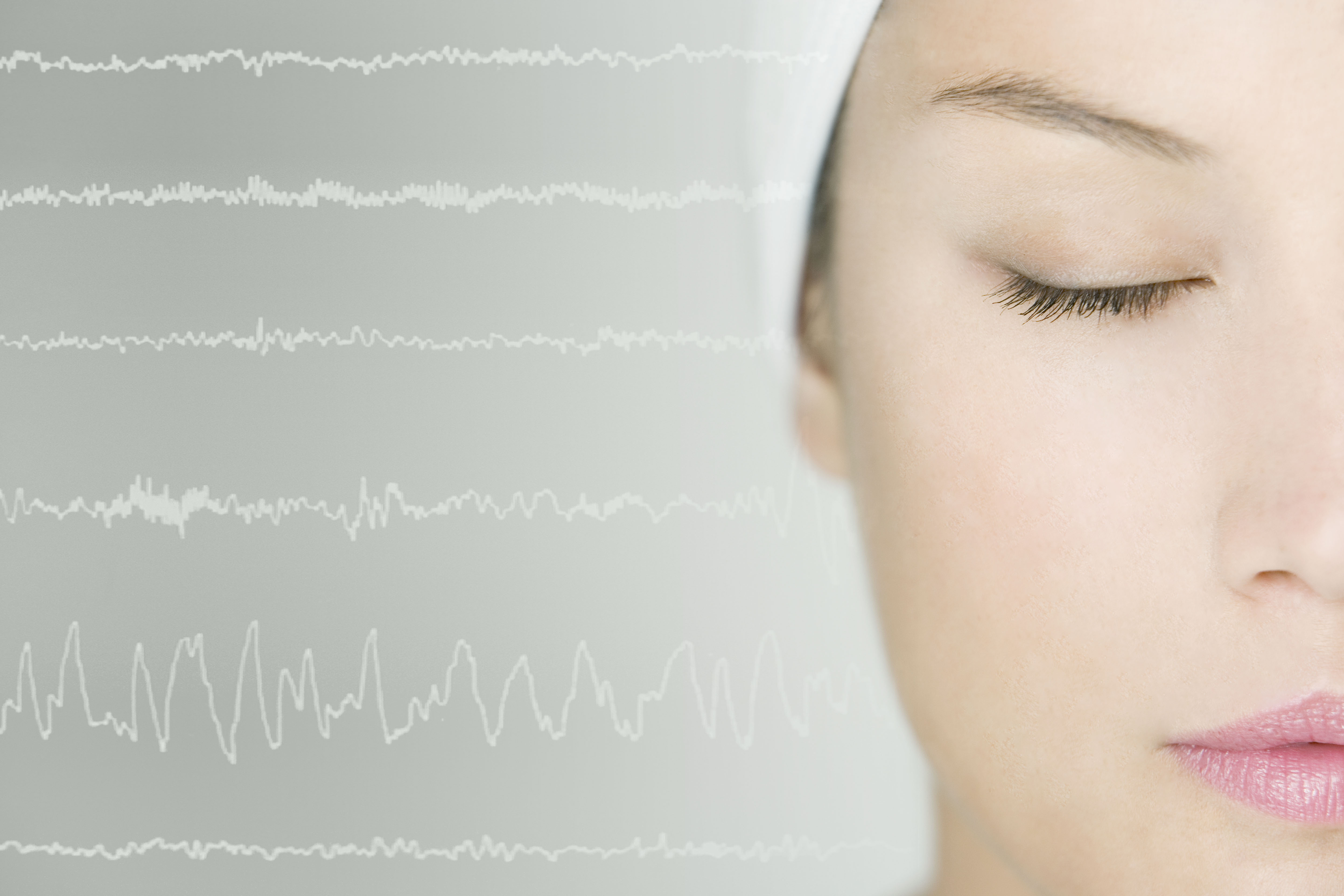
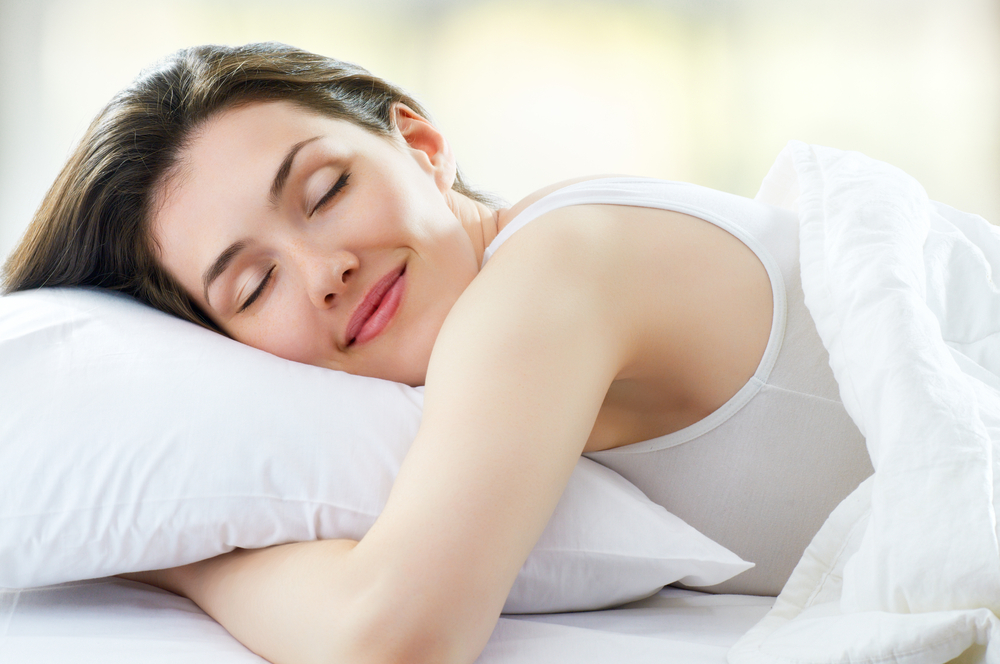
An At-Home Sleep Test in Silver Spring
At-home sleep tests are performed in the comfort of your home. You’ll be able to carry out your normal nighttime routine and many patients feel more at ease in their environment. This test is given to you by your doctor and comes with instructions on how to apply the test sensors.
Your at-home sleep study kit will include the following components:
- A finger clip used to measure your oxygen levels and heart rate
- A nasal cannula used to measure oxygen and airflow
- Sensors to track the rise and fall of your chest
When you wake up in the morning, you’ll simply remove the sensors and follow the instructions for what to do next. At-home sleep studies are more advanced than ever, however, many are only capable of diagnosing sleep apnea.
Frequently Asked Questions
What if I wake up during my sleep study?
If you wake up during your sleep study, leave the device on. It’s vital that it continues recording throughout the night. When you wake up in the morning, that’s when you can turn the device off and put the equipment back — except the nasal cannula which will be discarded.
How long will it take to get the results of my sleep study?
After your sleep study is complete, it typically takes one to two weeks for a technician to score your data and for a sleep specialist to review it. The sleep specialist will forward the information, including your diagnosis, to Dr. Bassford. She’ll review the results and create a customized treatment plan that meets your needs
Is a sleep study worth it?
Yes — while many patients avoid sleep apnea treatment due to the fear of costly solutions, they may not realize that insurance typically covers a portion of the cost. There are also serious health consequences of untreated sleep apnea that may have been prevented with treatment.
To see if your insurance plan covers a sleep test, we recommend contacting your provider to get specific details on your coverage. If there are any questions we can answer, don’t hesitate to give our Silver Spring office a call at 301-593-5500 and a knowledgeable team member will be happy to assist you.
How long do you need to sleep for a sleep study?
The sleep test requires at least seven hours of sleep to gather enough data to analyze and make an accurate diagnosis. Times can vary according to your normal sleep schedule. If you’re participating in an in-lab test, patients typically arrive between 8:00 pm and 10:00 pm and leave between 6:00 am and 8:00 am.
Your Ticket to a Better Night’s Rest
Sleep apnea treatment begins with the proper diagnosis. If you’re ready to get a better night’s sleep and have control over your life again, contact us today. Simply give us a call at 301-593-5500 to schedule your appointment for a sleep apnea consultation in Silver Spring today, or fill out our online contact form. We look forward to helping you achieve great sleep once again! We also proudly welcome patients coming from Bethesda, Takoma Park, Wheaton, and the surrounding areas.
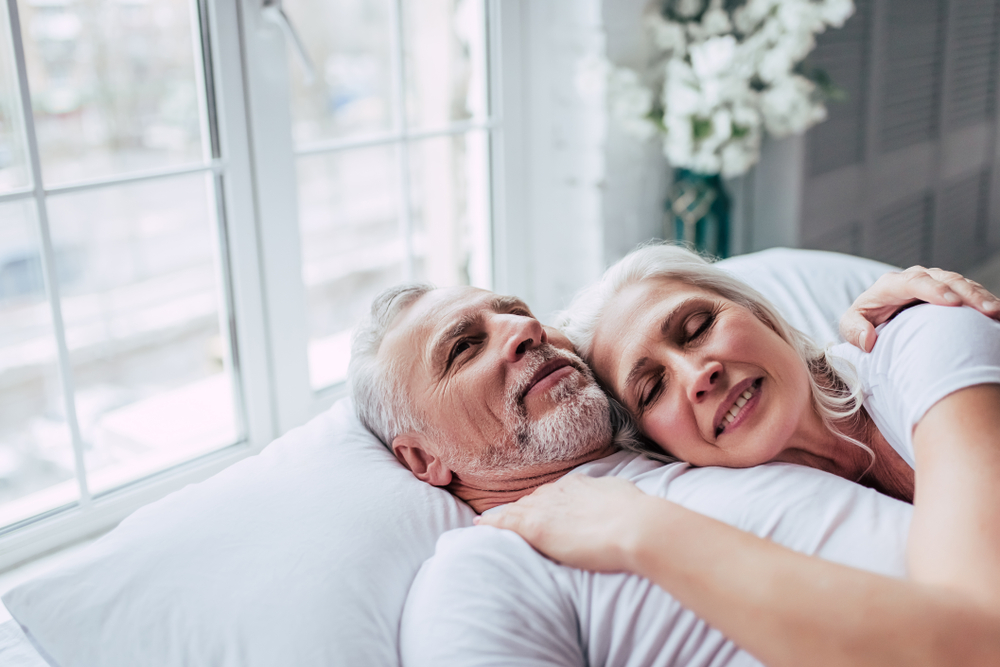
PHONE
OFFICE
10301 Georgia Ave, Suite 207
Silver Spring, MD 20902
